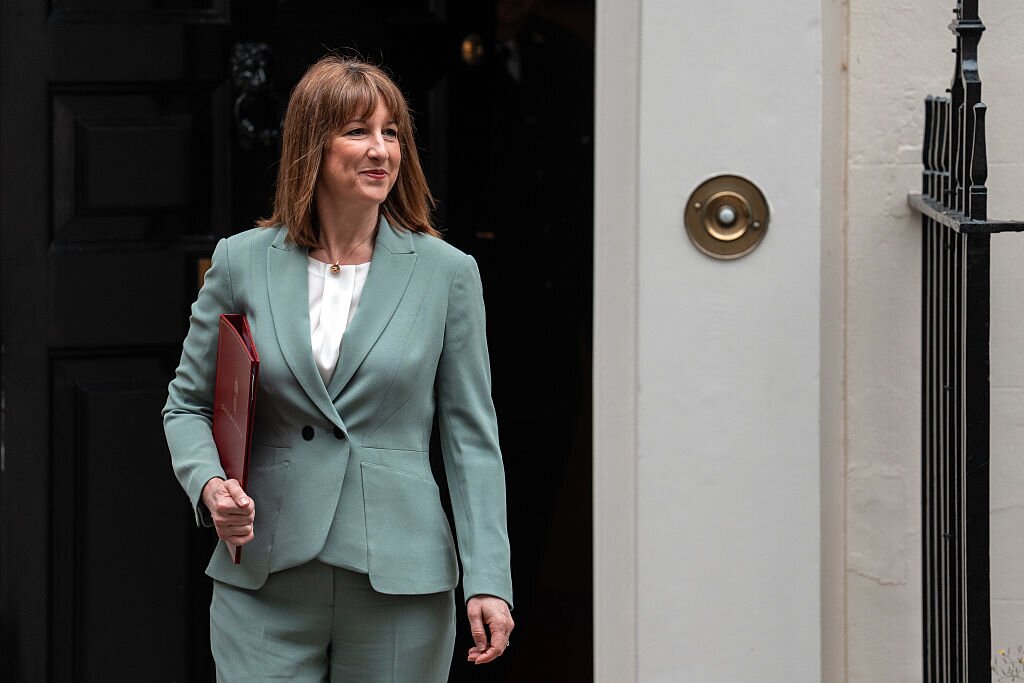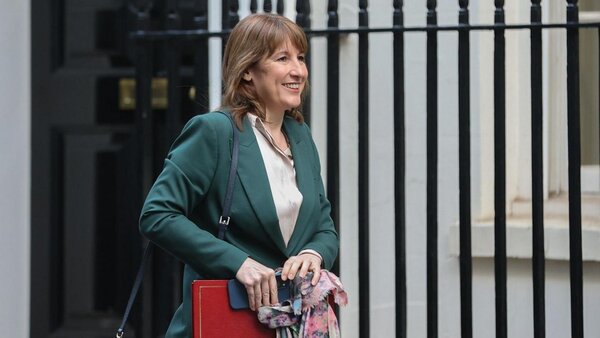The United Kingdom government is facing renewed economic and political scrutiny as debates intensify over public spending priorities, growth forecasts, and the state of public services. Following a closely-watched spending review, ministers are confronting calls from opposition parties, unions, and fiscal analysts to boost investment in priority areas such as the National Health Service, local councils, and infrastructure.
The urgency stems from concerns about stagnating economic growth, cost-of-living pressures, and rising demands on public services. Ministers now must weigh the need for fiscal responsibility against mounting political pressure ahead of the next general election. Stakeholders are urging the government to address what they see as gaps in school funding, council budgets, and welfare support.
Meanwhile, economists are urging caution as the public finances remain constrained and global economic uncertainty persists. All details in this article are drawn from official government reports, public statements, and verified financial documents as of June 2024.
Government Spending Review Sparks Debate
The latest spending review by the Treasury has become a focal point for national debate on how public money should be allocated. At the heart of the issue is the government’s insistence on adhering to strict fiscal rules, which require keeping debt and borrowing under control, while dealing with calls for increased investment in key services.
Chancellor Rachel Reeves, appointed following the change in government, has reaffirmed commitments to responsible management of the public finances. She faces competing demands from lawmakers and local authorities who argue that current budgets are insufficient to address pressing needs.
According to the Office for Budget Responsibility, government borrowing and debt remain at historically elevated levels following the Covid-19 pandemic and the global inflation spike. Ministers have stated that significant new spending will be difficult without either higher taxes or stronger economic growth. The Treasury's recent report highlighted the “tightest fiscal circumstances in decades,” as quoted by a senior official in a press briefing.
Economic Performance and Growth Outlook
The UK economy has shown modest growth in early 2024, but it continues to lag behind pre-pandemic trends. Recent figures from the Office for National Statistics indicate GDP increased by 0.6% in the first quarter of the year, a slight rebound after a period of stagnation. Inflation has eased from its previous peaks but remains above the Bank of England’s 2% target, resulting in continued pressures on household finances.
The Bank’s Governor, Andrew Bailey, recently cautioned that monetary policy may remain tighter for longer to ensure inflation is brought under control. Forecasts by the International Monetary Fund project that UK economic growth will remain subdued throughout 2024 and 2025. Business investment has been hampered by uncertainty, particularly regarding future trade arrangements and global supply chain disruptions.
Government officials acknowledge that sluggish productivity and weak business confidence continue to constrain the UK’s recovery. “We are committed to creating conditions for sustainable, long-term growth,” the Chancellor said in a recent statement.
Statements From Political Leaders
Political leaders from across the spectrum have responded to the spending review with strong statements. The Prime Minister recently defended the government’s current fiscal approach, stating, “Tough decisions are necessary to ensure the long-term stability of our economy.”
The Leader of the Opposition, Keir Starmer, has sharply criticized what he calls “chronic underfunding” of public services. In a speech, he argued, “Our schools, hospitals, and councils are facing an unprecedented crisis due to a decade of austerity and lack of investment.” Local government representatives and union leaders have echoed these concerns, calling for urgent increases in funding for local authorities, education, and healthcare.
Mary Bousted, joint general secretary of the National Education Union, said, “Our members see first-hand the impact of budget cuts in classrooms up and down the country.” The government has stated it remains open to dialogue with stakeholders but reiterated the importance of maintaining fiscal discipline.
Financial Analysis and Fiscal Constraints
Detailed analysis by the Institute for Fiscal Studies highlights the challenging environment for public finances. According to its June 2024 report, government debt as a percentage of GDP stood at 97.5%, one of the highest levels in decades.
The IFS noted that recent improvements in deficit reduction partly reflect temporary factors and cautioned against further significant spending increases without identifying permanent sources of revenue. “Fiscal room for manoeuvre is very limited,” Paul Johnson, director of the IFS, commented in a recent briefing. The Treasury’s own public finance statistics confirm that the structural deficit remains above the government’s pre-pandemic targets.
This has led finance officials to urge caution before approving major new spending commitments. Public sector borrowing for the 2023-2024 financial year was £121 billion, exceeding original projections. Ministers are also watching the international environment closely, as rising global interest rates could further increase the cost of servicing government debt. The fiscal watchdog has warned that unanticipated global shocks could quickly erode the effects of recent deficit reduction.
Historical Context and Policy Background
The current debate follows years of austerity and constrained public spending since the global financial crisis of 2008. From 2010 onwards, successive governments have prioritized deficit reduction, resulting in cuts to many local and national public services.
While some investments have resumed in the years since, the cumulative impact of previous budget reductions remains a point of contention. Local councils have highlighted an estimated £10 billion funding gap over the next several years, according to the Local Government Association.
Constant demands on the NHS, social care, and welfare systems have highlighted structural weaknesses that were already under strain before the pandemic. The government has acknowledged these challenges but argues that addressing them will require both prudent budgeting and economic growth. Analysts emphasize the importance of long-term planning and warn that restoring public service funding to pre-2010 levels could necessitate major tax changes or new sources of government revenue.
The UK continues to face economic and political strain, as ministers juggle tight fiscal rules with rising demand for public investment. Growth has returned but remains sluggish, while public finances are still under pressure from the pandemic and past policies. Calls for sustainable funding of schools, the NHS, and local councils are intensifying, with the debate set to grow in the months ahead.
Pie is the UK’s first personal tax app, built to help working individuals overcome tax burdens. It uniquely combines self assessment, integrated bookkeeping, real-time tax figures, and expert guidance. As fiscal challenges evolve, Pie empowers users to stay informed, manage their taxes smarter, and gain clarity in uncertain times.











